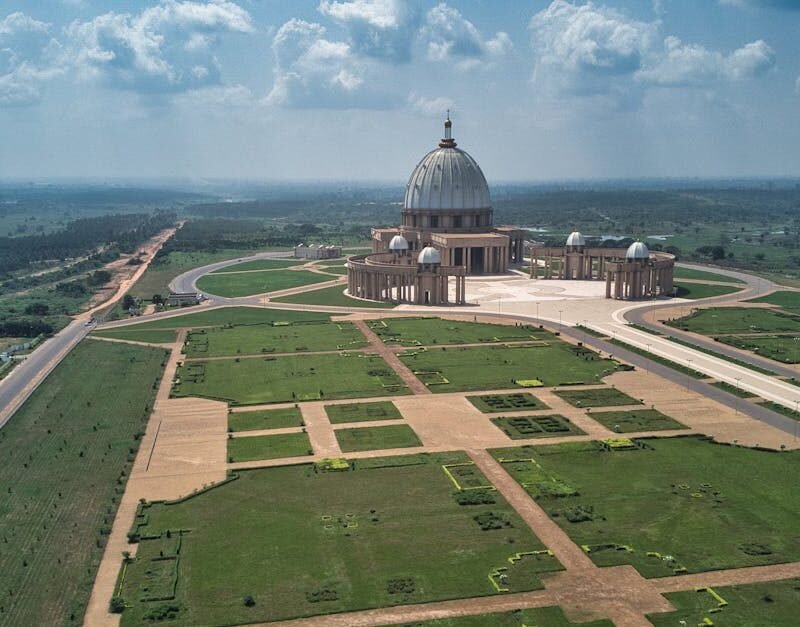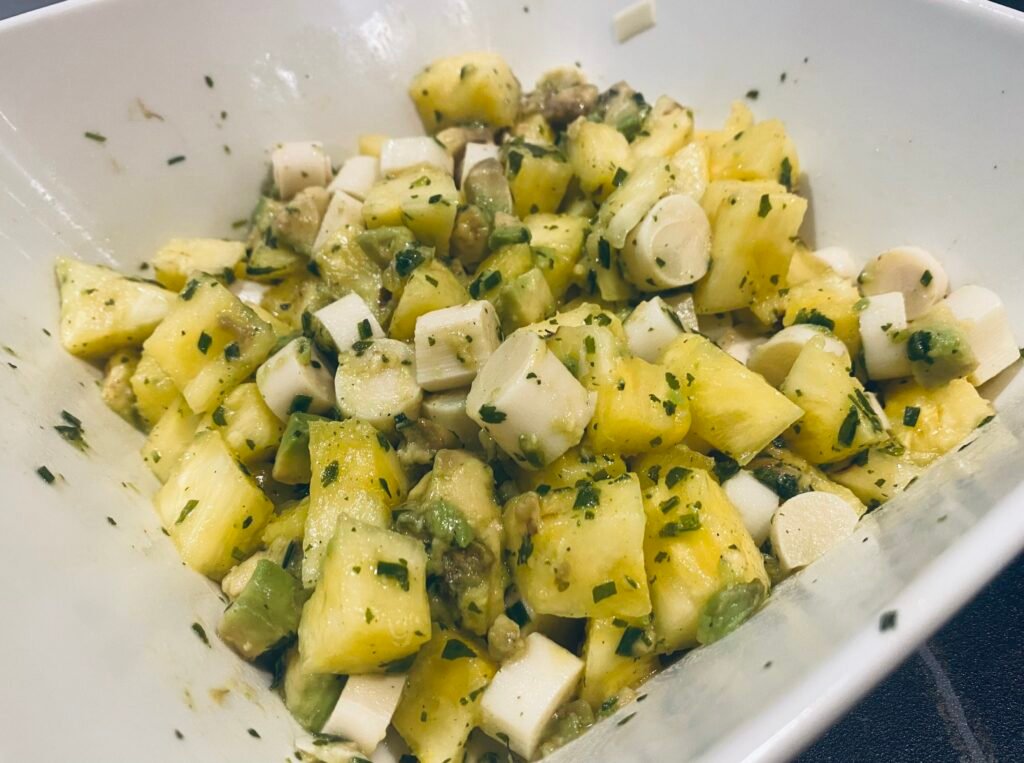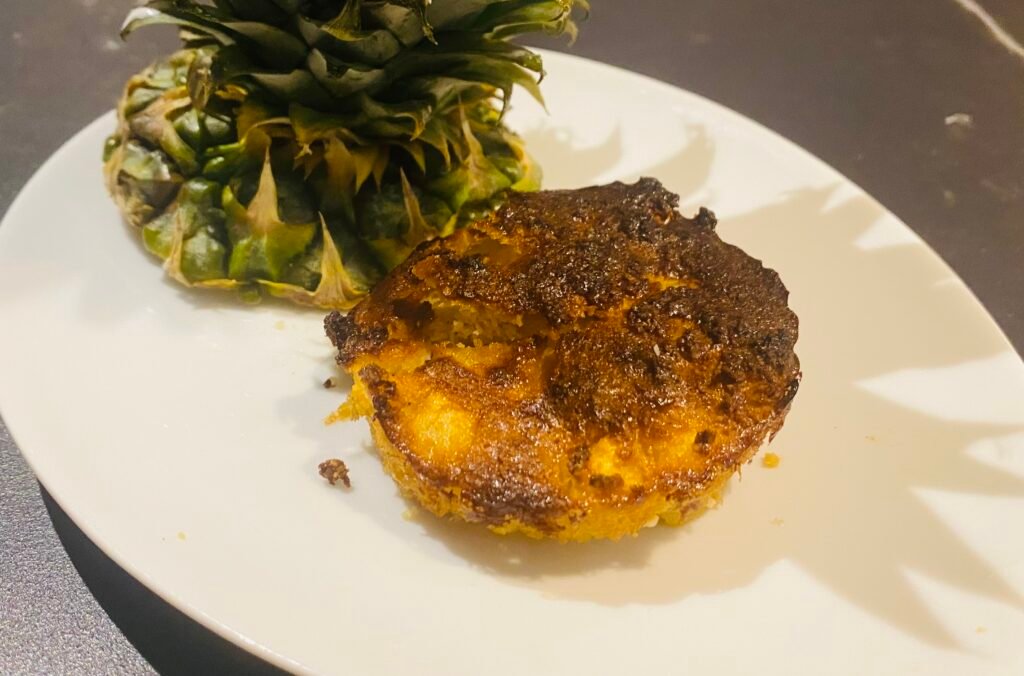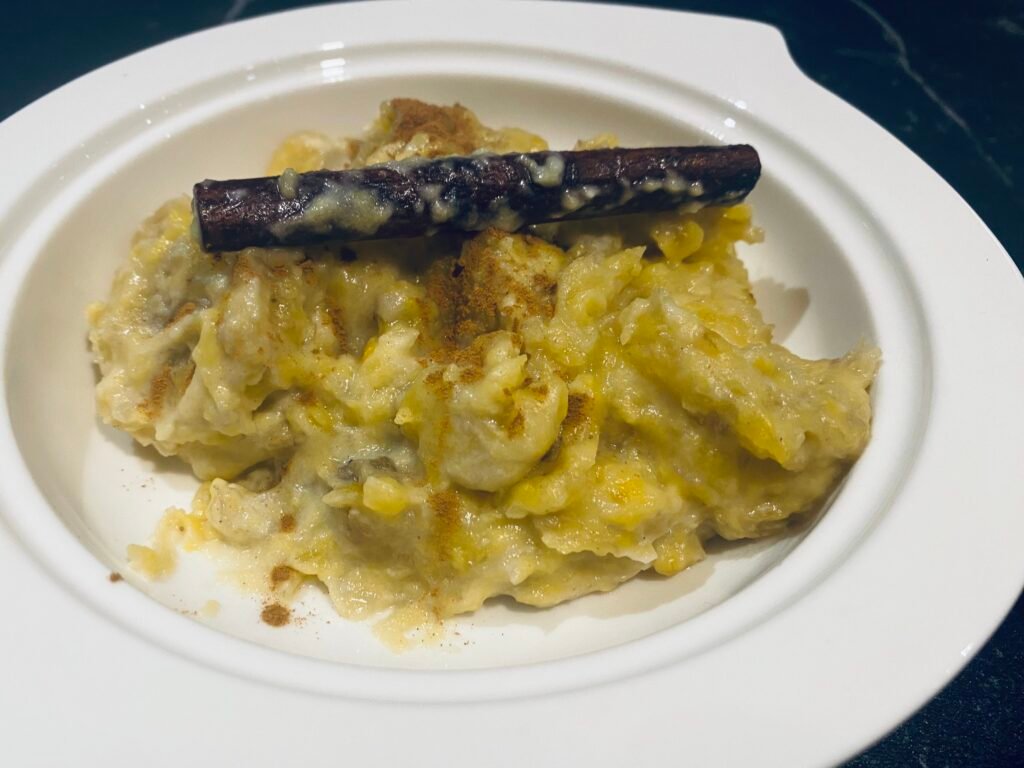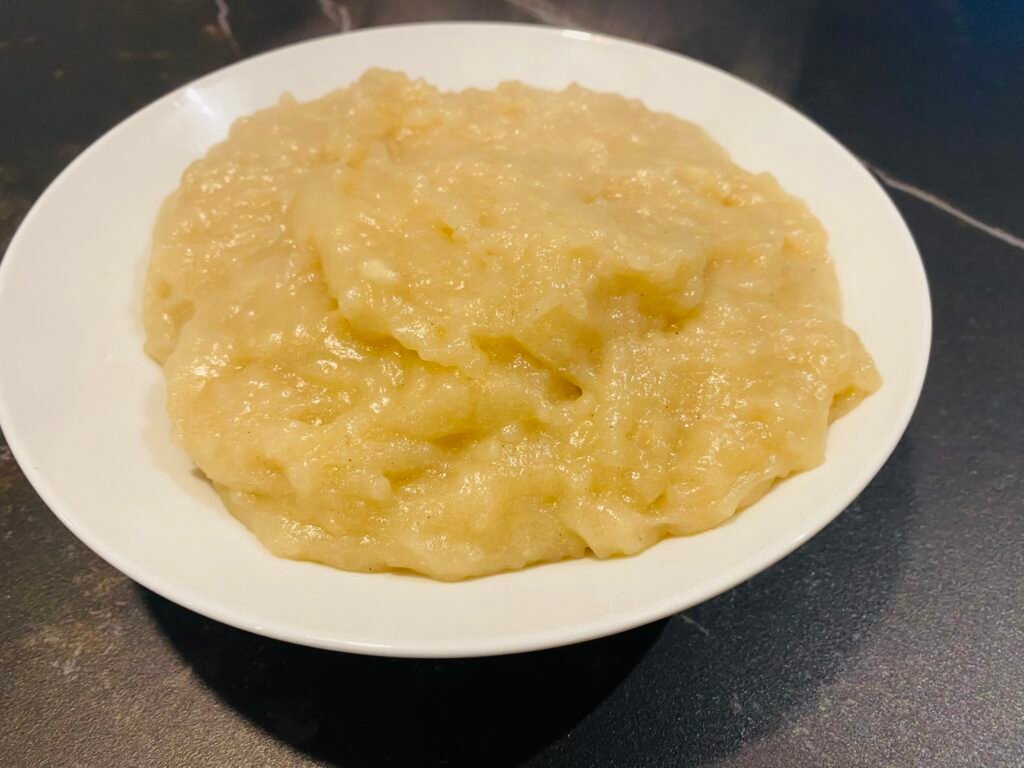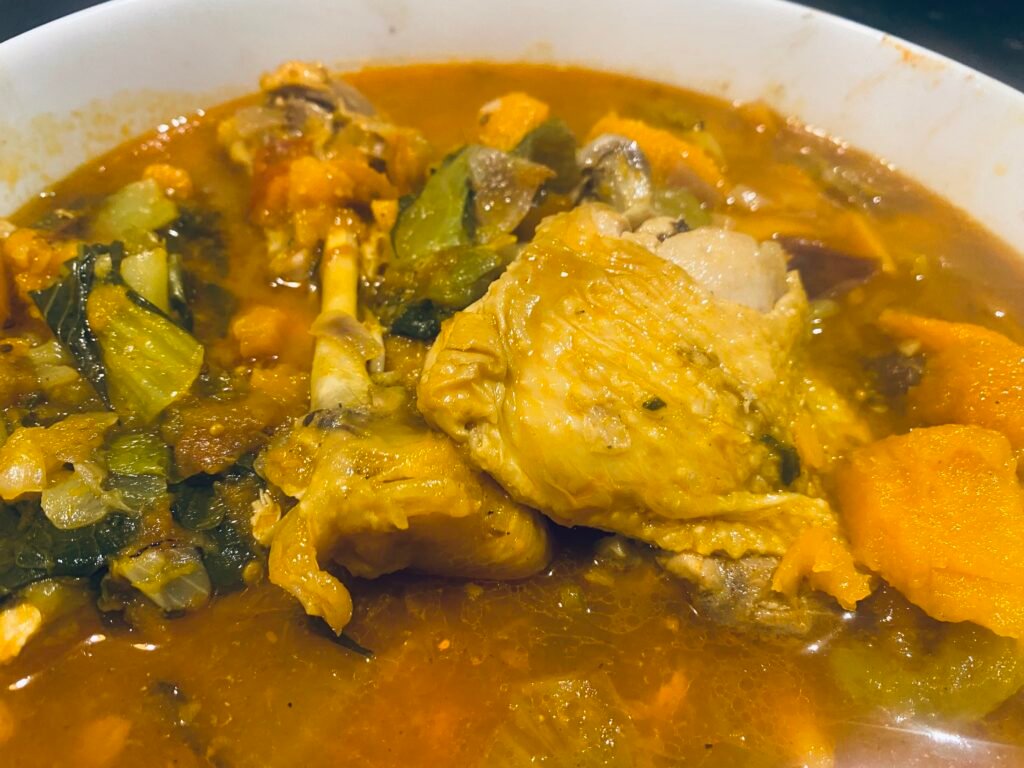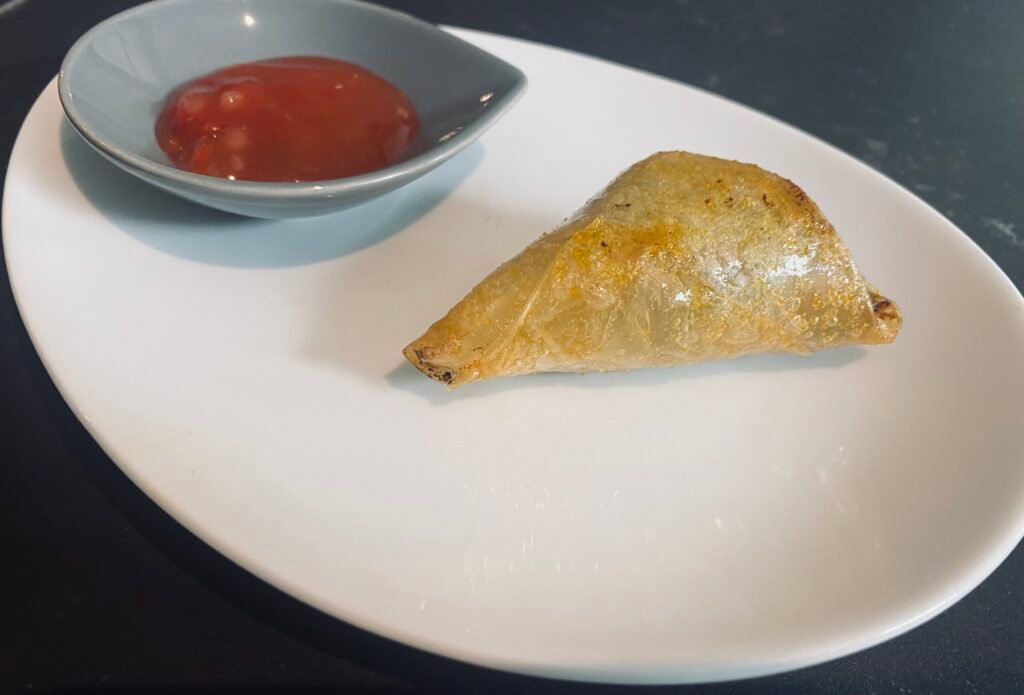Ivory Coast, located in West Africa, is a country rich in cultural and historical diversity. Its economic capital, Abidjan , is a dynamic metropolis, while Yamoussoukro , the political capital, is distinguished by its monumental basilica. The country experienced French colonization, marked by independence in 1960, followed by several periods of economic growth and political challenges. Today, Côte d'Ivoire is recognized for its relative stability and its leadership role in the sub-region.
The Ivorians, from more than 60 ethnic groups, including the Akan, the Krou and the Mandé, maintain traditions and festivals that celebrate music, dance and community rites. Festivals like the Popo Carnaval in Bonoua or the Fête des Masques in Man are privileged moments to discover the cultural soul of the country.
Traditional Gastronomy and Gluten Free Options
Ivorian cuisine is tasty and varied, drawing on the country's agricultural wealth, with a base of cassava, plantain, yams and rice. For those following a gluten-free diet, Ivory Coast offers an abundance of naturally suitable dishes, as many local preparations do not contain wheat flour.
Some typical gluten-free dishes include:
- Attiéké : A side dish made from fermented cassava, similar to couscous, which goes perfectly with grilled fish or spicy sauces.
- Banana foutou : A puree made from plantain and yam, served with a peanut or seed sauce, and naturally gluten-free.
- Chicken Kedjenou : This spicy chicken stew is stewed with vegetables and herbs. Traditionally, it is served with attiéké or foutou.
- Seed sauce : A rich sauce made from palm seeds, often served with fish or meat and accompaniments such as attiéké or foutou.
These dishes represent the essence of Ivorian cuisine, offering a palette of flavors while being naturally gluten-free.
The Must-See Things to Visit in Ivory Coast
Ivory Coast is full of and cultural sites to explore. Here are some must-see places during your trip:
- The Basilica of Our Lady of Peace in Yamoussoukro : Inspired by St. Peter's Basilica in Rome, this basilica is one of the largest Christian churches in the world and an iconic architectural symbol.
- Taï National Park : Listed as a UNESCO World Heritage Site, this tropical park is one of the last refuges of primary forest in West Africa. There you will find rare species such as chimpanzees and forest elephants.
- The Cascades de Man : Located in the heart of the mountains in the west of the country, the Cascades de Man offer a refreshing break in a green setting. The region is also famous for its traditional mask dances.
- The Grand Marché de Treichville : Located in Abidjan, this vibrant market is an ideal place to immerse yourself in the daily life of Ivorians, discover local spices, textiles and craft objects.
These places offer an overview of the and cultural diversity of Côte d'Ivoire, between modernity and ancestral traditions.

